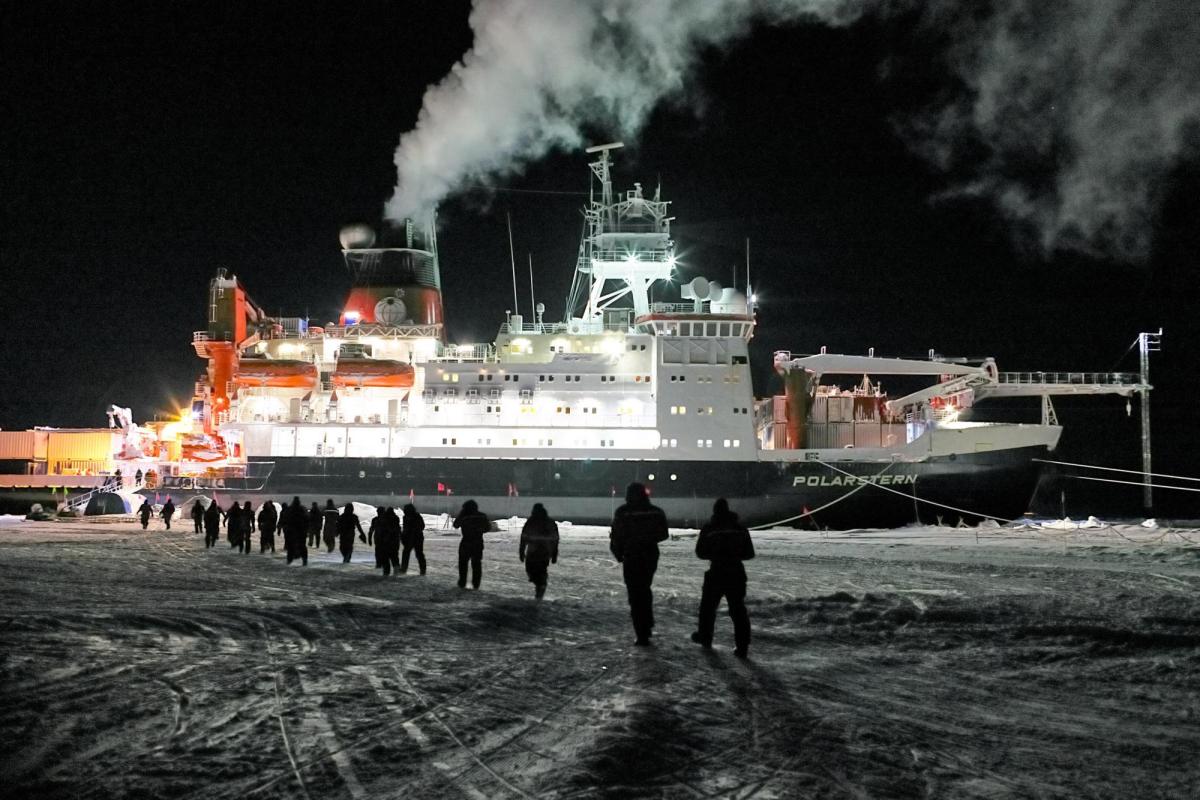Community Edition - March 3, 2020
1 Thing to Know This Week
Discover What's Here
Persevering Legacy, a concert on March 7
In celebration of Women's History Month, the College of Music presents "Persevering Legacy," a student concert that elevates stories of historically marginalized, diverse female composers to align classical music with social activism. The concert is free with no tickets required; just show up!
CU Wizards: Learn about outer space rocks on March 7
Join a free family-friendly STEM show at Fiske Planetarium. You’ll learn about a researcher’s global travels in search of space rocks and how space rocks can tell fascinating stories of our neighboring planets.
TEDxCUSalon on March 12: Nurturing healthy sexual development with Blue Sky Bridge
Are you a caregiver, parent, or do you hope to be one? This training will unpack sexual development at each age, addressing what's common and what's concerning.
CANCELED: The financial crisis: What happened? Can it happen again?
Previously scheduled for March 16, the Finance Division and Burridge Center for Finance at the Leeds School of Business has unfortunately had to CANCEL this lecture by Gary B. Gorton of Yale University.
Research in Your Backyard
Study sheds light on how people make Super Tuesday or other tough choices
A new study taps into mathematics to probe how people make fraught choices, such as whom to vote for on election day.
Better sleep? Prebiotics could help
Dietary compounds called prebiotics, which are found in fibrous foods such as artichokes, onions, leeks and some whole grains, improve sleep and boost stress resilience, according to a new study published this week.
Brainwaves: The state of music, from the Beatles to Gen Z
On this episode of the Brainwaves podcast, we talk to a music professor about the Beatles' infamous breakup and speak with the creator of the Middle 8 YouTube channel about his take on Beatlemania and how technology is changing the face of music today.
In Focus

After weeks of churning slowly through sea ice in the remote Arctic Ocean, a Russian icebreaker carrying scientists, crew and new equipment has reached the German RV Polarstern, frozen into drifting sea ice about 100 miles from the North Pole.









